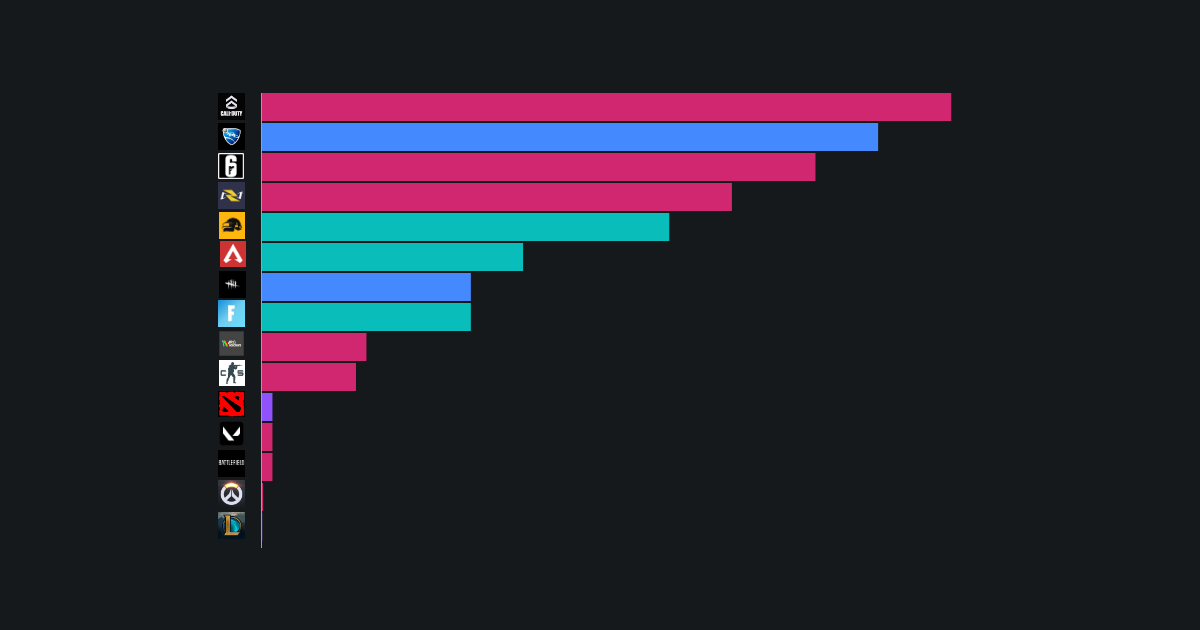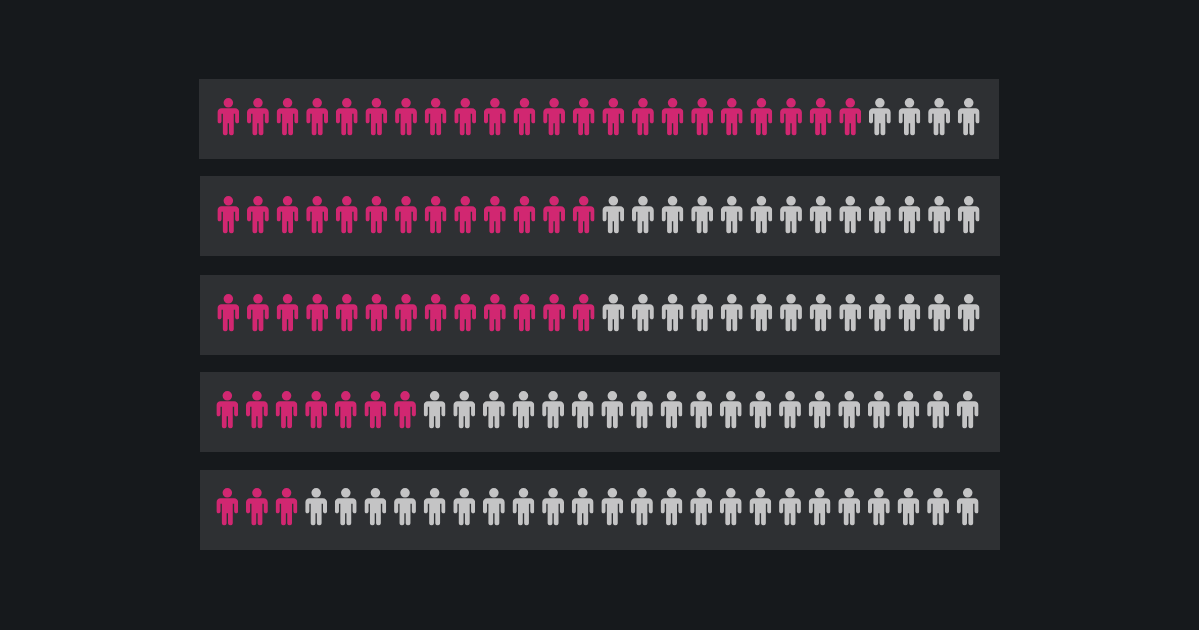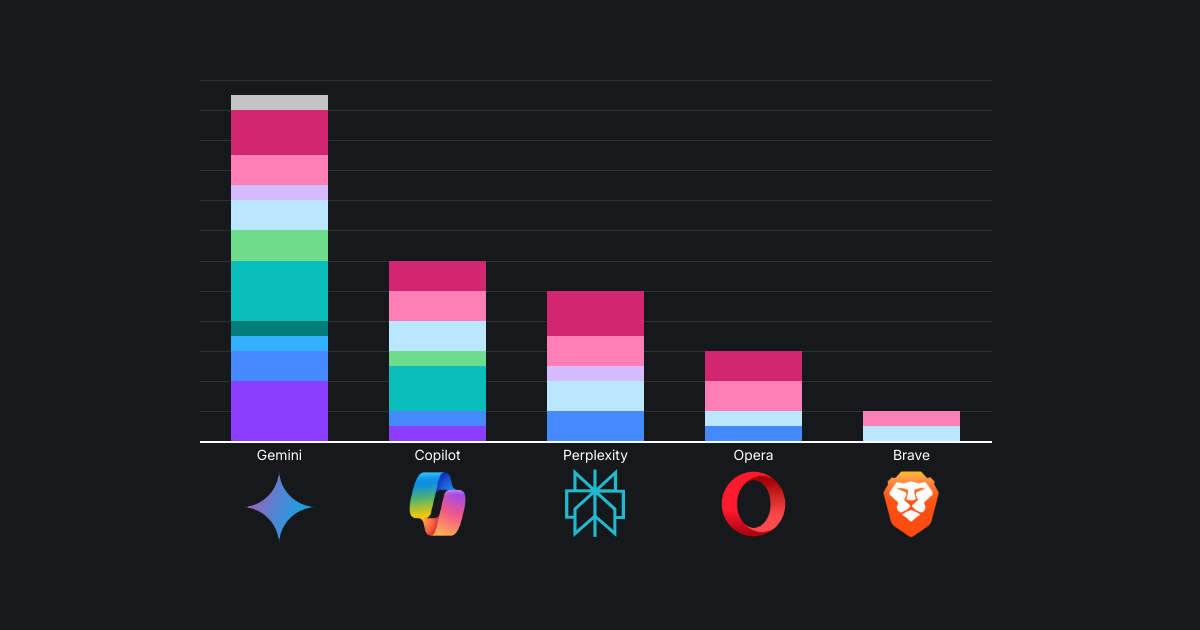cybersecurity|cybersecurity statistics
Surfshark celebrating shark awareness day with Shark Trust
Surfshark joins forces with Shark Trust to celebrate Shark Awareness Day. As fellow surfers, we are passionate about the wellbeing of sharks and the preservation of their habitats. Approximately 100M sharks are killed each year, according to Shark Trust¹ CEO Paul Cox, threatening one-third of all species to extinction. Just as overfishing poses a threat to our oceans, there is also a pervasive danger online: scammers employ a massive number of phishing emails each year to extract money or sensitive information from unsuspecting people. That is why in this week’s chart, we explore how threats posed by fishing and phishing compare with each other statistically.
Key insights
- Over the last 5 years, the FBI has registered slightly over 1M phishing victims, which is 100 times less than sharks fished and killed EACH YEAR.
- People fish sharks for their meat, internal organs, skin, and fins in order to make products such as shark fin soup, lubricants, and leather. Sharks are a valuable part of marine ecosystems, but overfishing threatens some shark populations².
- Hackers phish for your data, which can be used to commit further crimes such as identity theft. Phishing attacks started to increase drastically in 2019 (335% increase) and have reached record numbers, with 324k yearly victims (around 888 victims per day) in 2021. To put this in perspective, when it comes to sharks, there are 274k sharks killed EACH DAY.
- Phishing continues to be the most common cybercrime for the third year in a row this decade. In 2022, there were a total of 300,497 phishing victims. Or in other words, every second individual that fell for an online crime fell for a phishing attack³. To give a sense of scale, shark deaths occurred at a rate 333 times higher in 2022, emphasizing the significant impact on marine life.
Methodology and sources
This study used data from the yearly Federal Bureau of Investigation (FBI) Internet Crime Reports (2015-2022). Data on phishing was aggregated and analyzed according to victim count and financial losses.
For the complete research material behind this study, visit here.

